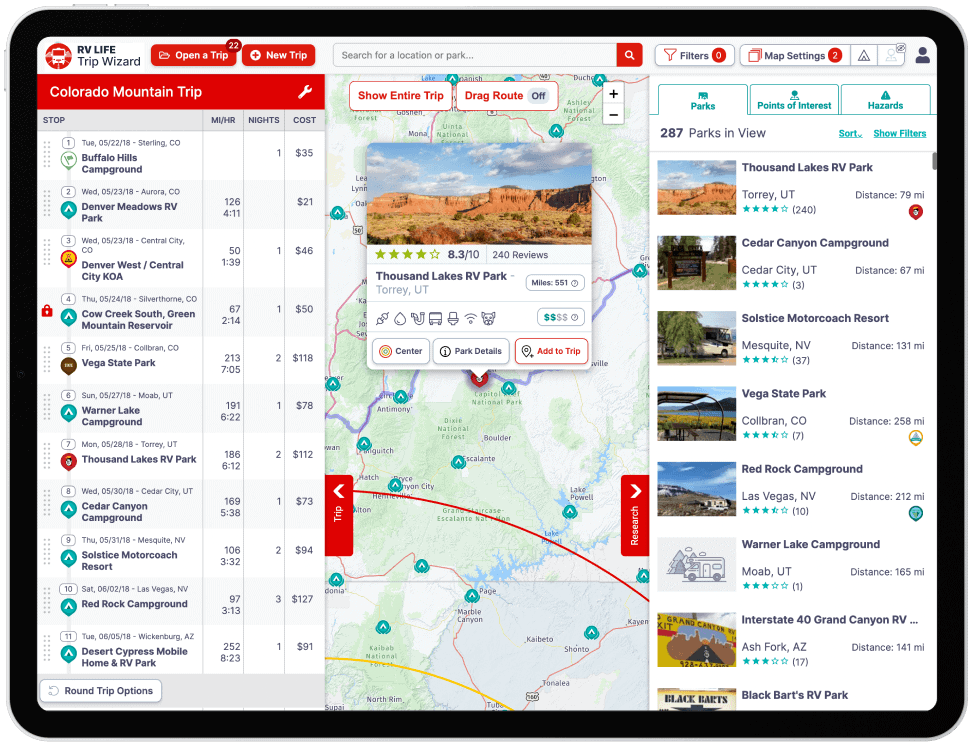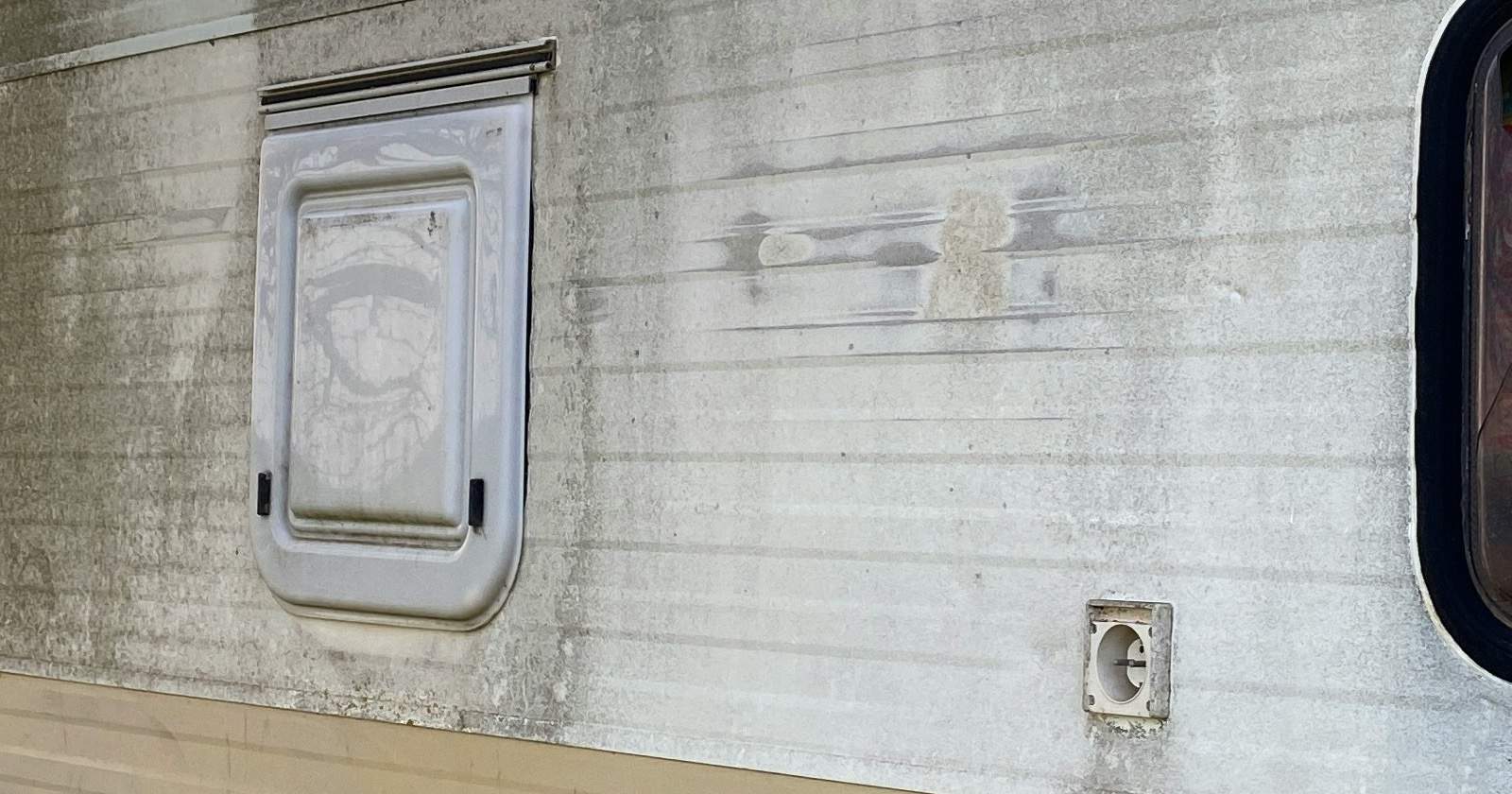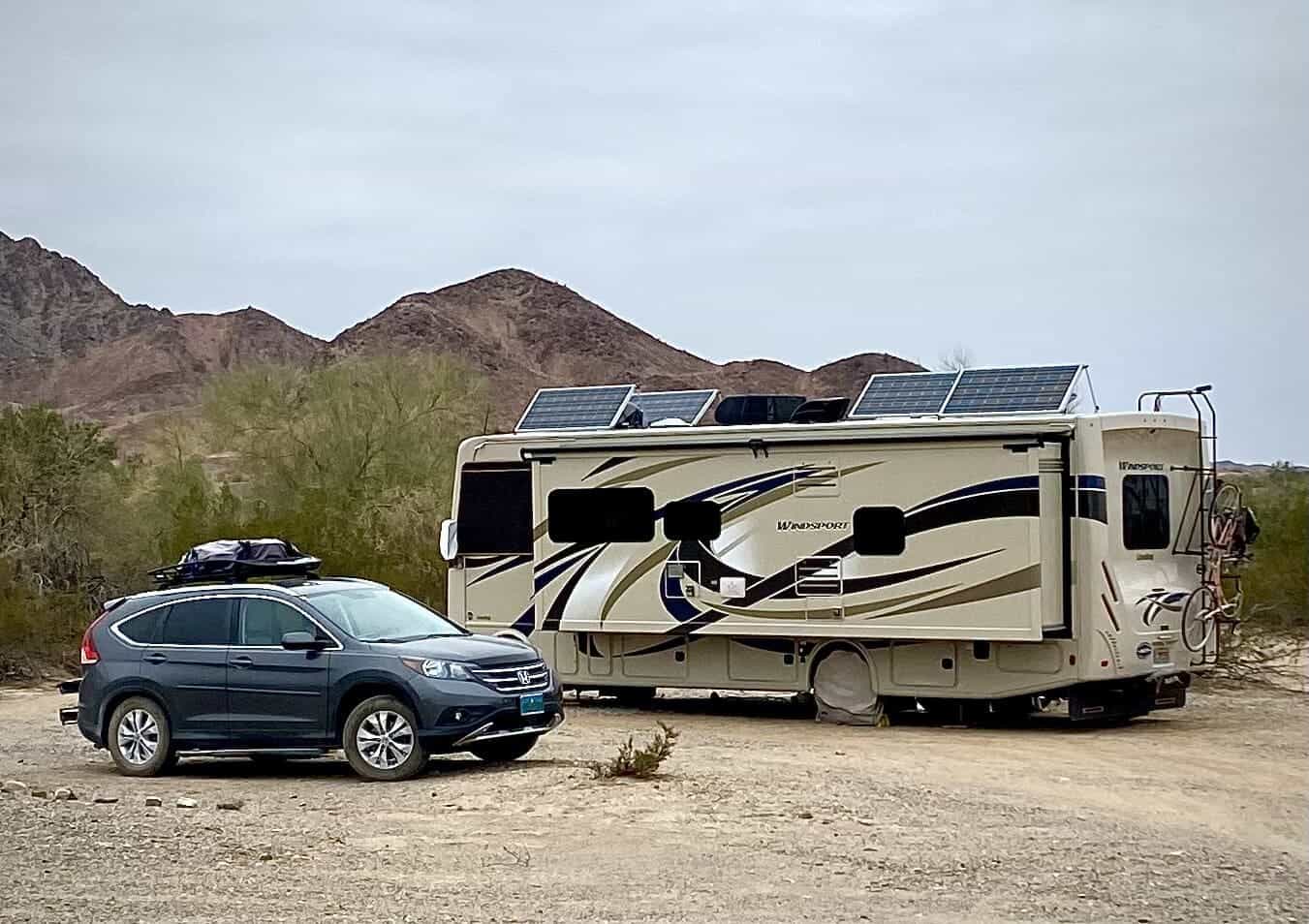Don’t let the current price of RV gas and diesel fuel scare you away from going places. It doesn’t matter if you drive a truck camper, motorhome or camper trailer. These ten RV fuel economy tips can keep your wheels turning and your fuel consumption low.
Creative and low-cost ways to get better gas mileage for your rig include:
- Keep RV weight down
- Don’t travel with full holding tanks
- Darken RV interior in hot weather
- Remove exterior RV wind drag
- Get help planning your RV camping trip
- Consider skipping the scenic route
- Stick to the speed limit
- Try to avoid RV air conditioning
- Don’t idle your engine unnecessarily
- Tackle DIY RV and Engine maintenance
Save Money with Ten Free RV Fuel Economy Tips
Whether you’re RVing on the East Coast or on a western states vacation, we all want to keep our camping adventures going. Right now, coming up with cash to enjoy them is getting tougher. Thankfully, as RVers we have options! It’s not hard to follow these common-sense RV fuel economy tips that put more money in your wallet and camping expenses low.
1. Keep RV weight down
Just pack less stuff! The more your RV weighs, the more fuel you need to move that load down the road. Re-think what you really must carry for camping trips. If you’re a full-time RVer, now is the best time to downsize your stuff. As a nomad myself, I just did my annual RV spring cleaning chores and was astonished at the huge trash bag of clothing, gear, and gadgets that we’ve accumulated over the last year. Remove purchases that don’t bring you joy, or aren’t necessary to your RV lifestyle. It’s more stuff than you think, and it negatively affects your RV gas mileage.
2. Don’t travel with full holding tanks
If you’re like most RVers, you probably slipped into the habit of hauling a full freshwater tank. I did too. It didn’t bother me that my 50 gallons of clean water is a mostly unnecessary 417-pound drag on my Dodge RAM 2500 diesel engine. Now that diesel just went over $6/gallon here in Southern California, you bet I won’t be rolling down the interstate with full fresh water tanks. Whether the liquids are fresh, gray, or black, full holding tanks impact your overall weight and create a less fuel efficient RV.
3. Darken RV interior in hot weather
Spring is in the air in many places, and a hot summer is just up yonder. Before you turn on the air conditioner when driving, a better way to keep your motorhome cool without A/C is to insulate your windows with Reflectix insulation material. This cheap, shiny covering is at most home hardware stores. It’s easy to cut to the size of your RV windows, and easily slips behind your RV blinds. For pennies on the dollar you can keep your RV cool so your A/C it doesn’t need to work so hard when you must have it on. Limit your use of air conditioning on the road and at the campsite to save money.
4. Remove exterior RV wind drag
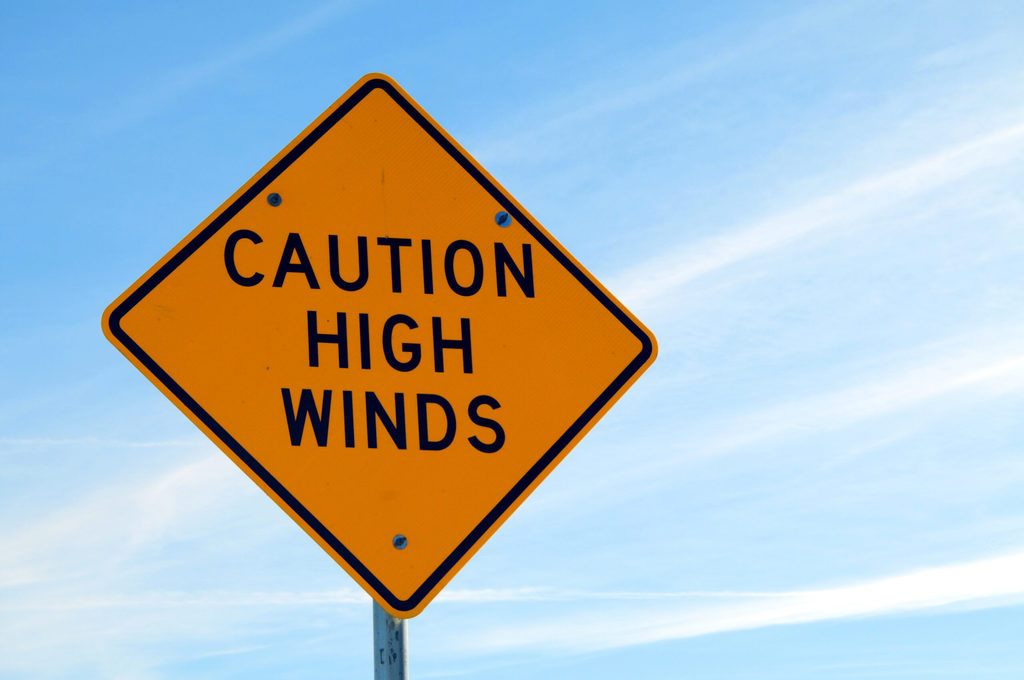
One of the best parts about owning a travel trailer or motorhome is the amazing array of exterior RV accessories you can buy. But at a time when RV gas mileage costs are setting record highs, do you really need to haul those kayaks on the roof of your RV? Or triple tow that cargo trailer behind your camper trailer? Re-think how you can have fun camping without heavy, bulky exterior items that that negatively impact your motorhome’s gas mileage.
5. Get help planning your RV camping trip
There are times when RVing from Point A to B takes all afternoon. From gas station stops to bathroom breaks and tourist trap diversions, a short RV trip can turn into an all-day expedition without careful planning. For the best gas mileage, embrace trip planning technology. Download one of the best rated RV travel apps like RV LIFE Trip Wizard to create a driving day strategy with better fuel efficiency. Make the most of the app’s features that save you money, like the ability to find the cheapest RV gas station options along your route.
6. Consider skipping the scenic route
Taking the road less traveled is an awesome way to see the country. But during a year of record high RV gas and diesel prices, the hundreds of starts and stops that happen on backroads can make RVing gas mileage costs rise higher than ever. You don’t need to get off-the-beaten-path altogether. Just choose a route with shorter daily distances between overnight destinations. Then, stay a while to explore the area and make the most of your new location. Stay a while to explore the area and have fun with all that money you saved thanks to better gas mileage.
7. Stick to the speed limit
Sticking to posted speed limits sounds boring, especially when other drivers keep passing you. But speed limits aren’t just there to keep you safe. They also keep your vehicle traveling in time with traffic light patterns. And staying within speed limits also reduces the RV fuel costs associated with stopping and starting, decelerating, and brake slamming. Using RV cruise control is an easy way to keep your speed consistent and your driving habits safe.
8. Try to avoid RV air conditioning
Air conditioning is one of the greatest inventions of modern vehicles. But it’s also one of the biggest fuel wasters and contributors of greenhouse gas emissions. That nice, cool RV air conditioning can reduce fuel economy by as much as 50% while increasing carbon monoxide emissions by 70%, according to a study by the National Renewable Energy Laboratory. Don’t use RV A/C unless you really need it (see #3 for tips to keep the RV interior cool before you turn it on). Despite what some say, wind drag from open windows still wastes less fuel than your air conditioner (and better for the planet).
9. Don’t idle your engine unnecessarily
If you have a gas powered RV engine, shut that baby off when you don’t need it running. It always takes more gasoline to idle an engine than restart it. But diesel RV engines are another story. Members of popular RV discussion forums love to debate over whether or not it’s OK to idle your diesel engine, especially after a long haul. Should you idle your RV diesel engine? The short answer is, to prevent costly repairs to your diesel engine, you should always let your truck idle for a few minutes after any long haul. This allows the engine to cool down, which prevents the hot manifold from cooling too fast. Neglect this process and you’re looking at a warped manifold. That’s what happened to us, and it was one of the most expensive RV repairs we ever endured. Whether you own a diesel or gas engine RV, be conscientious about idling your engine and you’ll save money.
10. Tackle DIY RV and Engine maintenance (and leave the rest to pros)
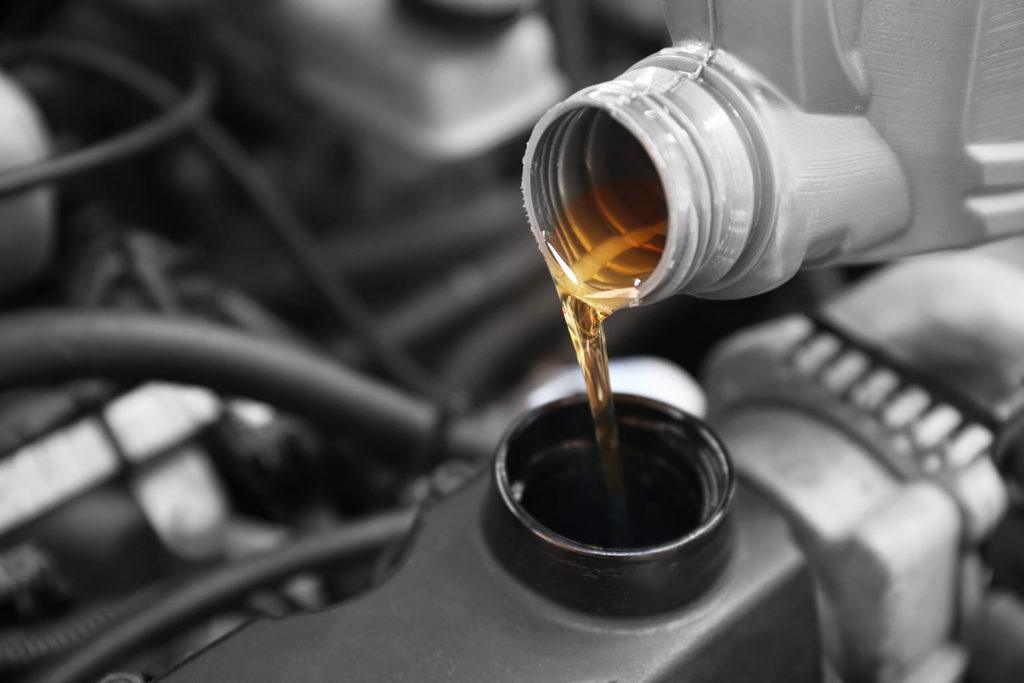
Whether you own a Class B motorhome or Class A RV, maintenance is one chore that’s almost free. Download a tool like RV LIFE Maintenance to stay on top of simple, DIY RV maintenance. It’s the best way to enjoy longer times between emergency and regular service appointments. Two of the cheapest ways to get better RV gas mileage include:
- Air and fuel filter changes. The longer you go between filter changes, the more crud that accumulates in them. And when that happens, your engine’s computer automatically increases the amount of fuel injected into engine cylinders. Dirty air filters directly impact your motorhome’s gas mileage
- RV tire pressure checks. Driving on tires with less than optimal RV tire pressure creates resistance. Fill your RV tires to the PSI recommended by the manufacturer and your wheels automatically give better fuel efficiency.
Keep on RVing!
Diesel and gas prices go up and down over time. Sometimes the cost of RVing feels overwhelming. Other times it doesn’t. But these ways to get better RV fuel mileage shows that RV travel is always cheaper than all other adventures. When you carry your home along for the journey, you still save more money than flying and staying in hotels. Keep this in mind the next time you need to double-swipe your credit card at the pump.

